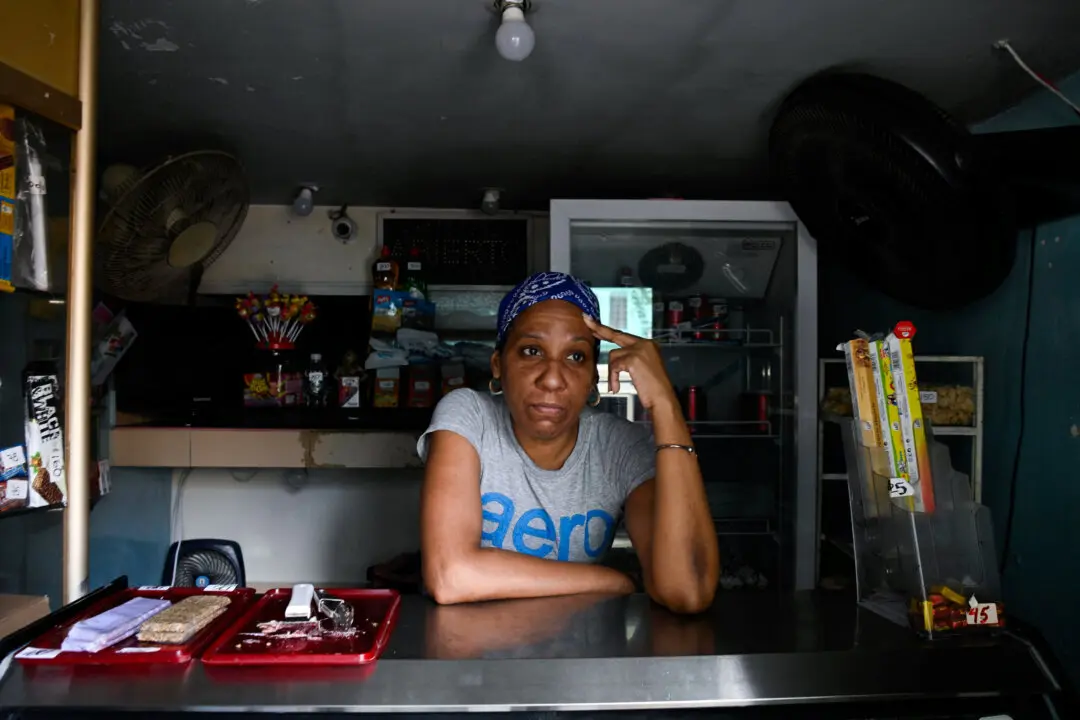MOSCOW—President Vladimir Putin said on Wednesday that Russia could redirect supplies intended for the damaged Nord Stream pipelines to the Black Sea to create a European gas hub in Turkey, or even use the one intact part of Nord Stream 2 to supply the EU.
An investigation is under way into explosions last month that ruptured the Russian-built Nord Stream 1 and Nord Stream 2 pipelines on the bed of the Baltic Sea.





